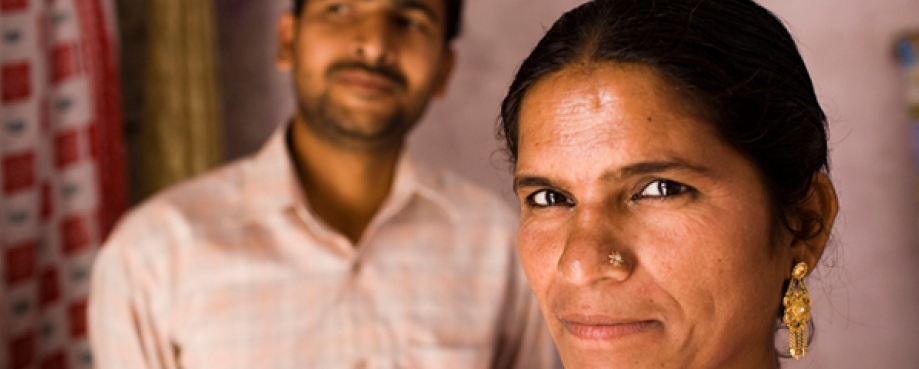
CARE International’s request to business in this year’s Living Wage Week is simple. Implement living wages, and do it having ensured that you understand the key role of women in your supply chain, so that the women working at the end of the supply chain, as well as having a decent wage, will also have some equality with their male counterparts.
Living wages are essential to deliver the ‘just and favourable remuneration’ every worker has a right to under the Universal Declaration of Human Rights (Art 23). Under the same article workers also have a right to equal pay for equal work. This right to equal pay is obviously of particular importance to women. Today, women’s pay on average ranges from 20 per cent less than men’s in some countries such as Mozambique and Pakistan, to over 80 per cent less in Côte d’Ivoire.
Today’s approach is to calculate living wages by reference to an objective standard (see for instance the Asia Floor Wage method), based on nutritional needs, likely size of household, and the cost of other basic needs. So there is no room for any arguments about men needing more than women. Therefore, we should expect that living wages will deliver two wins on rights for women: ‘just and favourable remuneration’ and ‘equal pay for equal work.’
However, as the 2012 World Development Report on Gender Equality and Development points out: “Men and women work in different industries and occupations… women are more likely to engage in low productivity activities than men and to work in the informal sector…Of industrial homeworkers in some developing countries, such as Chile and Thailand, 80 per cent are women.” The promise that living wages holds for women is only going to be achieved if living wages reach all the way down the supply chain.
And at the moment they don’t even reach what is pretty much the top end of the supply chain in many developing countries. For example, Oxfam found in their report on labour rights in Unilever’s supply chain in Vietnam, that, although “all wages paid in Unilever’s own factory clearly were well in excess of the applicable minimum wage”, they were found “not to meet other key benchmarks of the basic needs of employees and their families, such as the Asia Floor Wage...and Oxfam’s estimate…of monthly expenses for an adult with a child.” And they also found a pretty mixed picture among Unilever’s direct suppliers in Vietnam.
So there’s a lot to be done to move the overall living wage agenda forward. But our own programme experience also highlights how ‘invisible’ women’s roles can be. CARE is part of the Cocoa Life Partnership with Mondelez. Cocoa is viewed as a ‘male’ crop within most producing countries but the gender division of labour often involves women concentrating on activities such as cocoa drying which are critical to the productivity and quality of the final output. Women are therefore critical to the value of the crop for both the framers and for Mondelez. Addressing the key constraints faced by women in cocoa farms (and at the community and household level) has led to an increase in household income from cocoa farming of 118%.
As Helene Gayle, CARE CEO, recently blogged “I’m often impressed by just how much brands know about their consumers… Yet most companies know very little about the people who produce the raw material for their products…And we’ve learned something even more fundamental: large companies do not yet fully understand the role of women.”
Gerry Boyle is Senior Policy Adviser, Private Sector Engagement, for CARE International UK.
